Organic Chemistry 1-Master The Concepts!
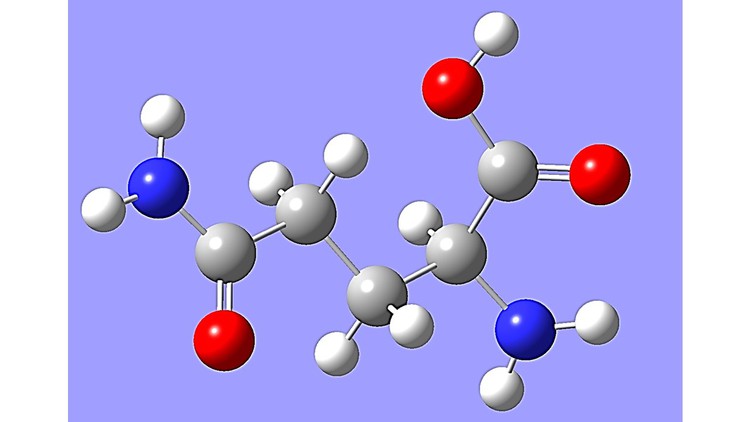
Why take this course?
It seems you are outlining a curriculum or a series of video lectures for organic chemistry that covers various topics, including alkenes, alkynes, alcohols, ethers-epoxides-sulfides, and radical reactions. The list is well-structured and appears to be comprehensive, covering both the fundamental reactions of each functional group as well as their synthesis and transformations. Here's a brief summary of what each section includes:
-
Alkenes: This section covers the synthesis, reactions, and properties of alkenes, including addition reactions (Markovnikov's rule, hydration, oxymercuration-demercuration, hydroboration-oxidation, halogenation, and ozonolysis), polymerization, and their transformation into other compounds.
-
Alkynes: This section includes the synthesis of alkynes, their reactions (hydrogenation, halogenation, hydration, hydroboration, and oxidative cleavage), and the formation and properties of acetylide ions.
-
Alcohols: This broad section covers the structure, acidity, preparation, and reactions of alcohols (including organometallic reagents like R-Li and Grignard reagents), their oxidation to aldehydes/ketones or carbonyl compounds, conversion to alkyl halides, dehydration to alkenes, and the pinacol rearrangement.
-
Ethers-Epoxides-Sulfides: This section includes the synthesis (Williamson ether synthesis, bimolecular dehydration of alcohols), reactions (alkokoxymercuration-demercuration, epoxidation, opening of epoxides, reactions with lithium aluminum hydride, and thioether formation), and their characterization.
-
Radical Reactions: This section covers the generation and properties of radicals, their reaction mechanisms (such as radical halogenation and addition of H-Br to alkenes), energy diagrams for radical propagation, and sample problems illustrating radical substitution reactions.
This curriculum provides a solid foundation in organic chemistry, covering both the mechanism behind each reaction and practical applications through sample problem-solving. It's a comprehensive approach to understanding organic chemistry, which is essential for students aiming to pursue careers in chemistry, biochemistry, pharmaceutical sciences, and related fields.
Course Gallery
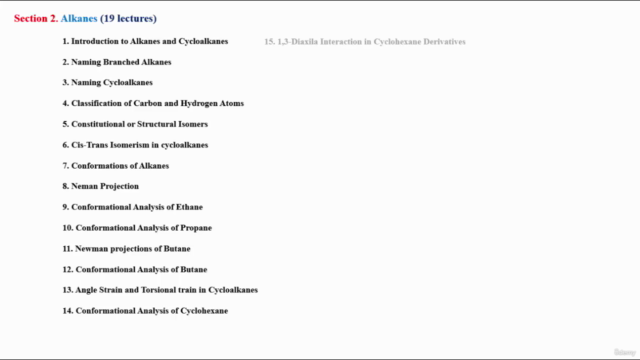
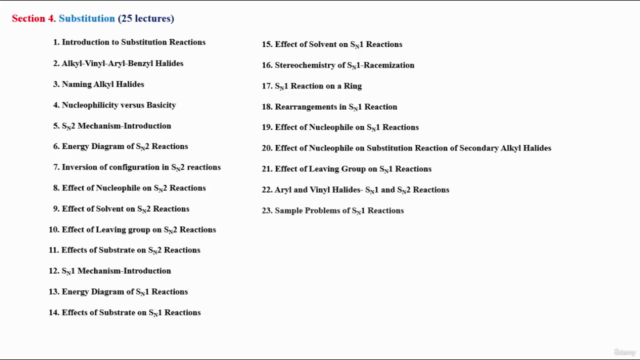
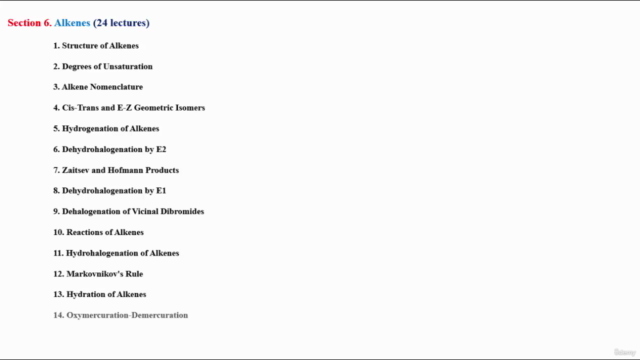
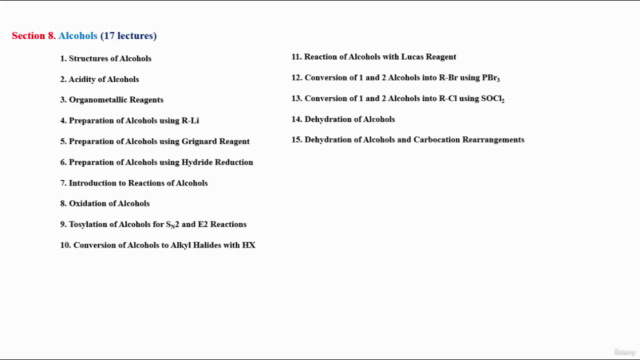
Loading charts...